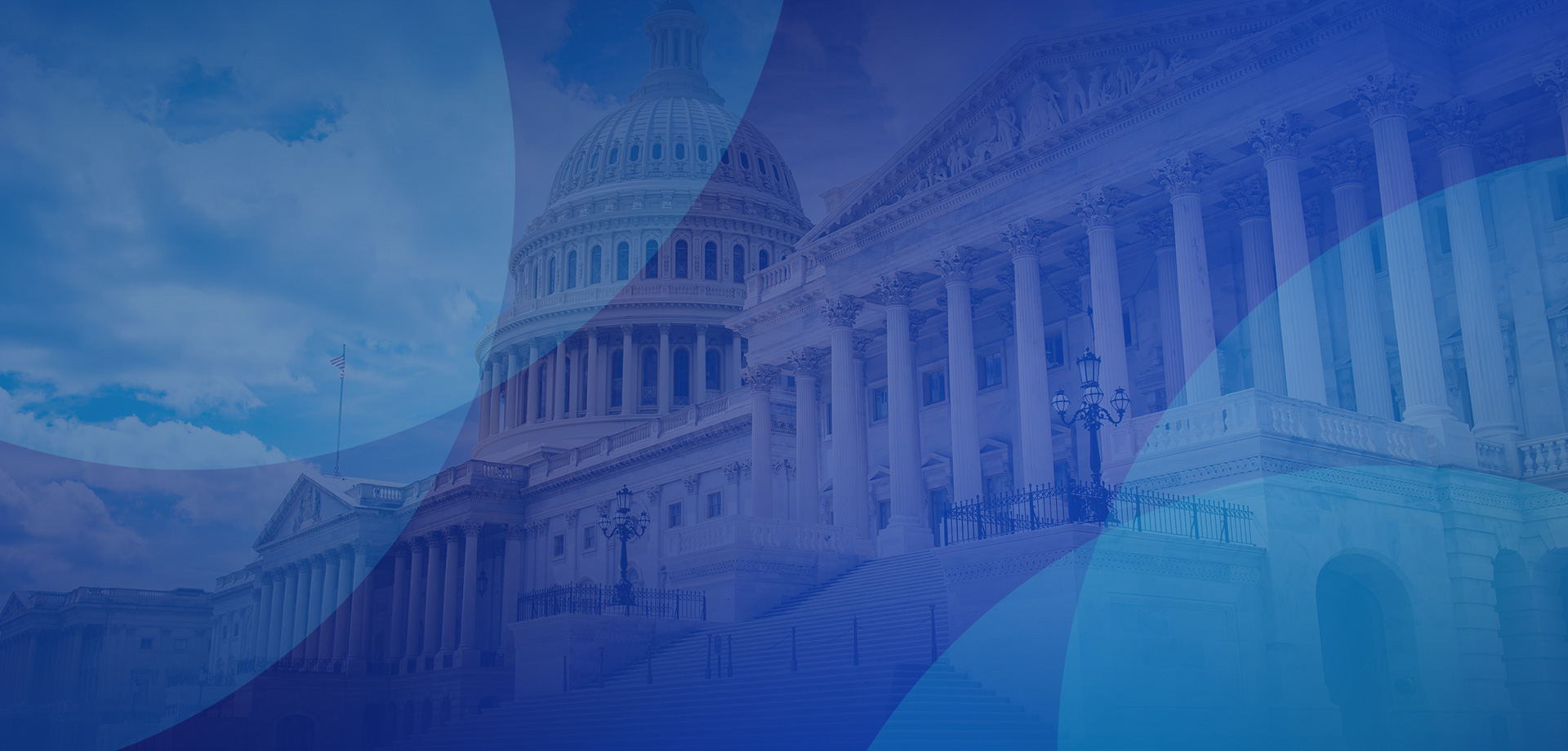Last week, the Los Angeles Times had an interesting question and answer column discussing Chapter 7 bankruptcy.
The column, written by Liz Weston, featured a question by a 33-year-old woman who recently lost her job, who was considering filing for bankruptcy. She reported that she spent almost half of her income on debt payments, which include credit cards, loans and medical bills, leaving her very little money each month after she buys groceries and pays other bills.
The woman reported that her credit score currently lingered around 700, and asked Weston if filing for bankruptcy would be a good way to build a savings account and place money into a 401(k).
Weston responded to the woman’s question by telling her that filing for bankruptcy would bring down her credit scores, but said that it makes little sense to continue to pay against a mound of debt if the pile is not going down.
“If it would take you five years or more to repay what you owe, you should at least consider filing for bankruptcy,” Weston wrote. “Why five years? Because that’s how long you’d be required to make payments under a Chapter 13 repayment plan.”
Weston also told the woman that she might be eligible for a Chapter 7 liquidation bankruptcy.
“[A Chapter 7 bankruptcy] is typically preferable since it’s faster (three to four months, versus five years) and erases credit card and medical bills. An experienced bankruptcy attorney can advise you and help you understand the ramifications of filing,” Weston wrote.
“Bankruptcy laws allow individuals a fresh start so that they can take care of themselves and their families,” Weston wrote. “Among your many financial obligations is the one to support yourself in retirement, and every year you delay saving will make it that much harder to accumulate a reasonable nest egg.”
What Should I Do If I Cannot Afford to Pay off My Debts?
Weston’s advice is spot on. A bankruptcy triggers an ‘automatic stay’ that puts an end to credit card collection attempts and can end lawsuits brought on by lenders.
Keep in mind, through a Chapter 7 bankruptcy, you can discharge debts like medical bills and credit card debt, which can help free up money to save for a 401(k) or other form of retirement plan, which are protected from collections.
Additionally, there are ways to rebuild your credit following a bankruptcy, including getting a secured credit card, opening an account with a bank and paying your current expenses on time. Following a bankruptcy, you should always monitor your credit report and keep an eye out for inaccuracies if you are concerned about a lowered score.
If you have questions about bankruptcy and how it may affect your credit score, contact our Washington DC and Maryland bankruptcy lawyer now for a free consultation.
Law Firm of Kevin D. Judd
Judd’s Judgment: Federal laws dictate that you may receive a free copy of your credit report each year from all credit agencies.
Source: http://www.latimes.com/business/la-fi-montalk-20140706-column.html
